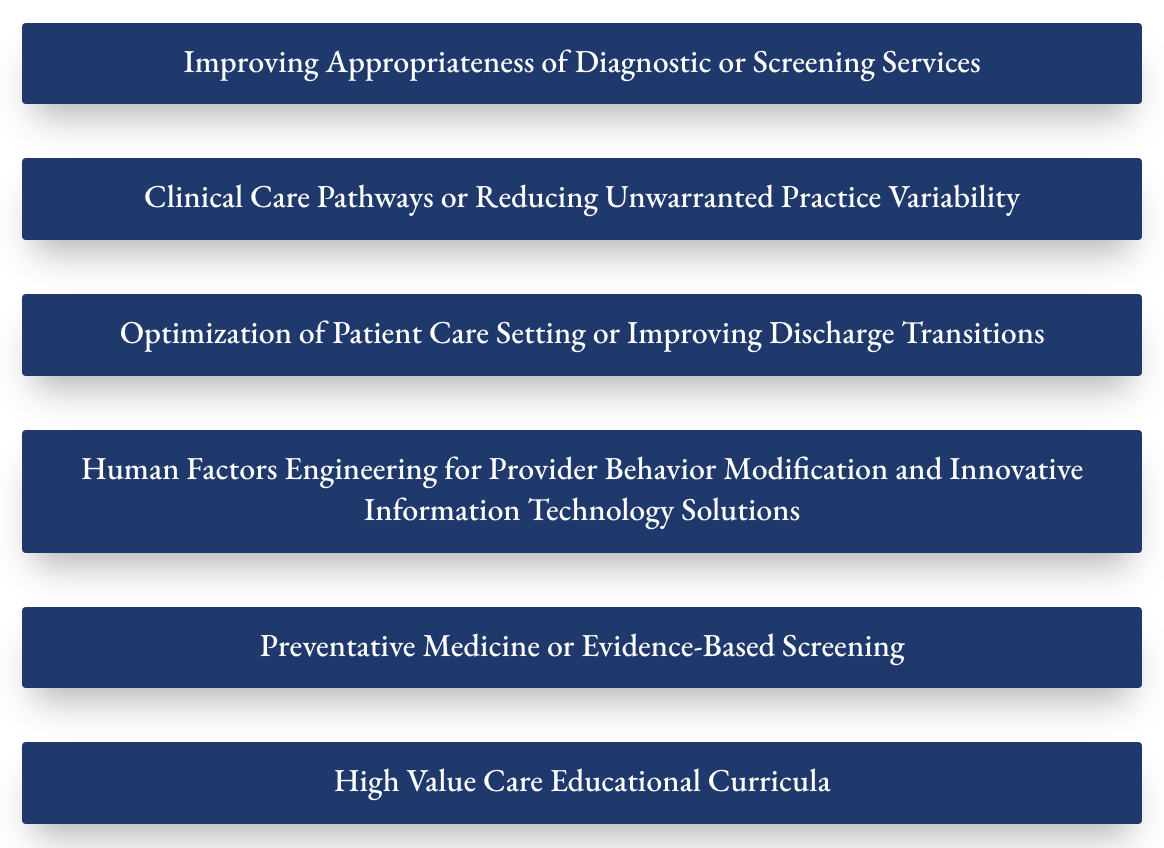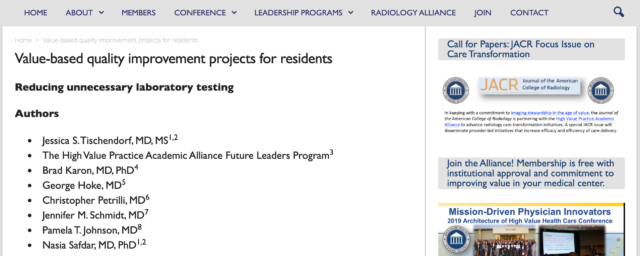From the 2018 HVPAA National Conference
Gabrielle Kattan (ECU Brody School of Medicine), Lauren Forbes (ECU Brody School of Medicine), Keith Nelson (ECU Brody School of Medicine), James Devente (ECU Brody School of Medicine)
Background
The Pitt County Health Department (PCHD) and Vidant Medical Center Labor and Delivery (VMC) collaborate to care for expectant mothers in rural Eastern North Carolina. As implementation of electronic health record system is ongoing, records are currently faxed to VMC which hinders effective transmission and increases risk for fragmented care.
Objectives
To implement a patient-centered, wallet-sized prenatal medical record into the standard of care for patients who receive prenatal care at PCHD and intend to deliver at VMC. The primary aim of this quality improvement initiative is to optimize record transmission to improve the antenatal patient-handoff. The secondary aims are to increase provider and patient satisfaction.
Methods
Providers at PCHD and VMC completed an anonymous survey regarding perceptions of record transmission and their satisfaction with the current process. A root cause analysis was performed using a fishbone diagram by engaging a variety of stakeholders in both clinical settings. An existing PCHD patient document was identified as a change point. Plan, Do, Study, Act (PDSA) cycles were conducted to 1) determine relevant clinical data to include on the prenatal record, 2) increase provider awareness and process buy in, 3) secure protected health information according to the HIPAA Act.
Results
A patient-centered, wallet-sized prenatal medical record (named BabyPASS) was created to address the barriers of patient record transmission between PCHD and VMC discovered through the root cause analysis. Provider satisfaction with the current process yielded room for improvement in both clinical environments. Implementation of the BabyPASS into the standard of care is currently being studied.
Conclusion
Further interpretation of the BabyPASS into the standard of care will be studied with continuous PDSA cycles in order to modify the current infrastructure and improve antenatal patient-handoffs.
Implications for the Patient
Implementing the BabyPASS an inexpensive and effective way to open dialogue between patients and providers, increase patient empowerment with their health education, and streamline information between the health department and hospital staff.





